Academics Can Change the World – If They Stop Talking Only to Their Peers
Very few academics do a great deal to share their often important and relevant research with the general public. What's holding them back?

Send us a link
Very few academics do a great deal to share their often important and relevant research with the general public. What's holding them back?

We asked three experts for their takes.

We have long believed ourselves to be the only intelligent beings on Earth – that may soon change and the consequences will be dramatic for law, politics and society in general.
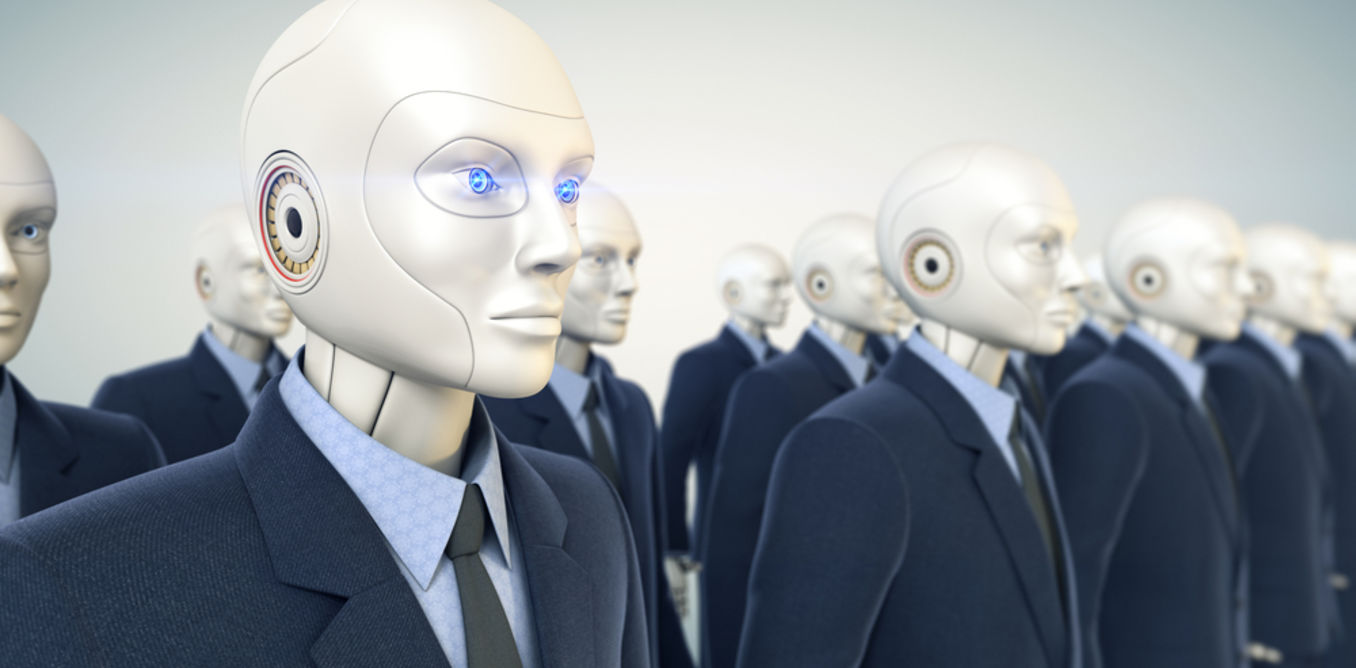
When politics meddles with science, it can lead to tragedy, as was the case with Stalin's favourite agricultural biologist Trofim Lysenko and his rival Nikolai Vavilov.

There are more academic publishers out there than ever before. In 2014 there was an estimated 28,100 active scientific journals, but while the large majority of these journals are highly respected, there has also been a sharp rise in the number of predatory journals.

A leading website that monitored predatory open access journals has closed. This will make it harder to keep tabs on this corrosive force within science.

In the wake of the Flint water crisis and with a new notably anti-science president, U.S. scientists are reevaluating how to navigate the tension between speaking out and a fear of losing research funding.
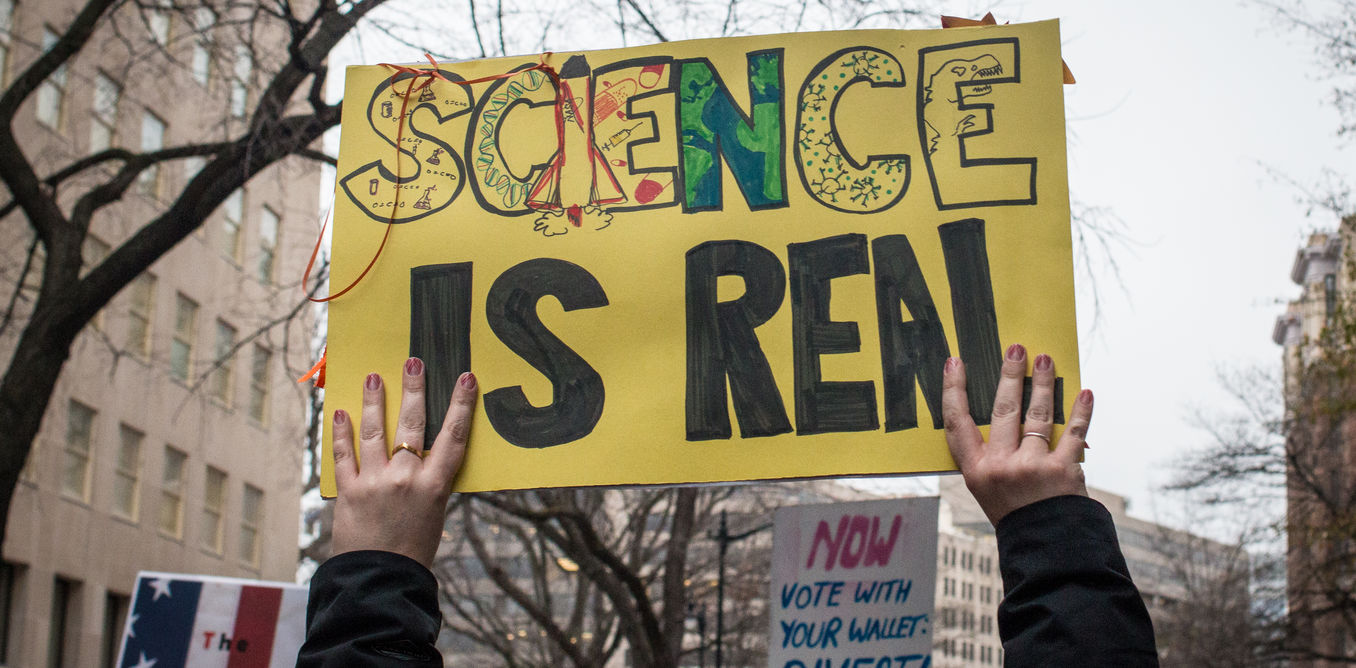
Drone technology is quickly evolving from a geeky accessory to multi-billion dollar industry.

There are a few red flags to look out for when reading about new scientific discoveries that can help you spot dodgy or unreliable work.

Promises made by researchers to participants to elicit the truth may not be worth the paper their written on if the courts can bulldoze though them.

The traditional mode of publishing scientific research faces much criticism – primarily for being too slow and sometimes shoddily done. Maybe fewer publications of higher quality is the way forward.

P hacking is manipulating data and research methods to achieve statistical signifiance. And it could be why so many research papers are false.
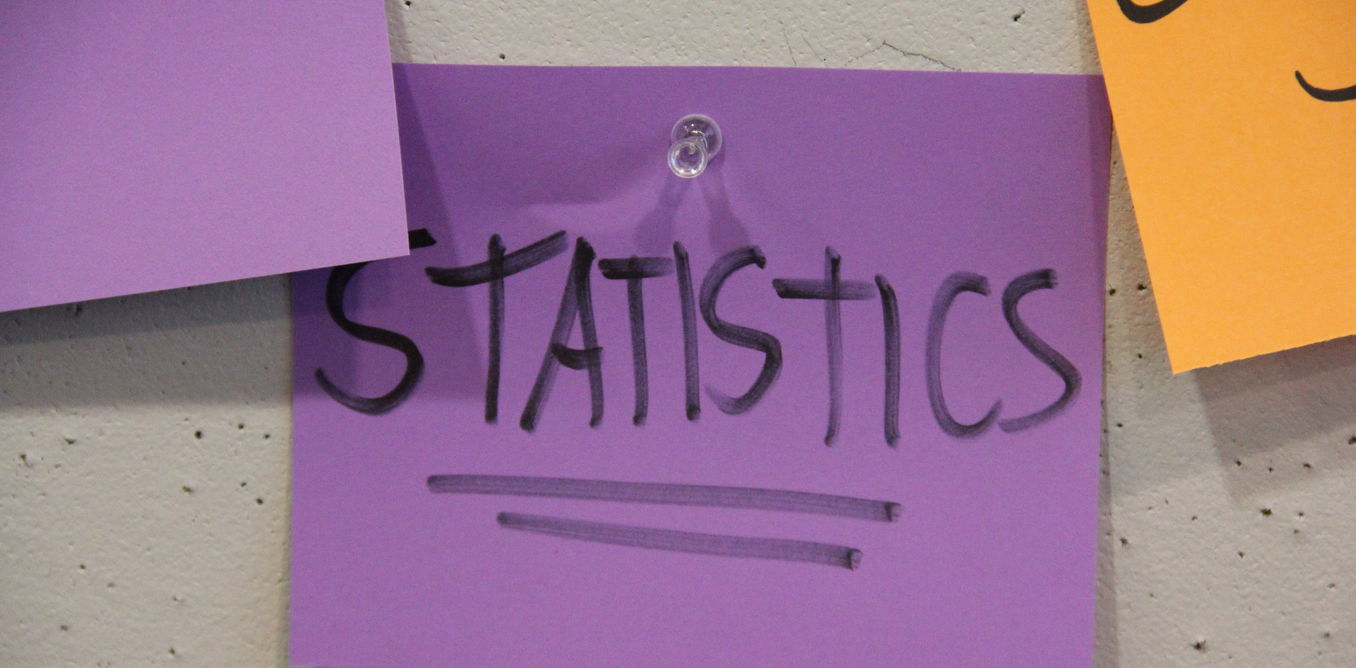
Science's quality control processes are under question. Scientists should think about changing the rules and extending their peer communities.

We don't know what knowledge we'll need in the future, and that's where maths research comes in.

With the right investment, an open source drug discovery system might compete with the traditional pharmaceutical industry to deliver the drugs we need.

Academics are getting out of touch with the rest of society. This helps explains the sorry state of our public discourse on science.

The American Sociological Association is starting a conversation to include “public communication” -- work often largely ignored -- in the assessment of a scholar’s contributions. Why does it matter?
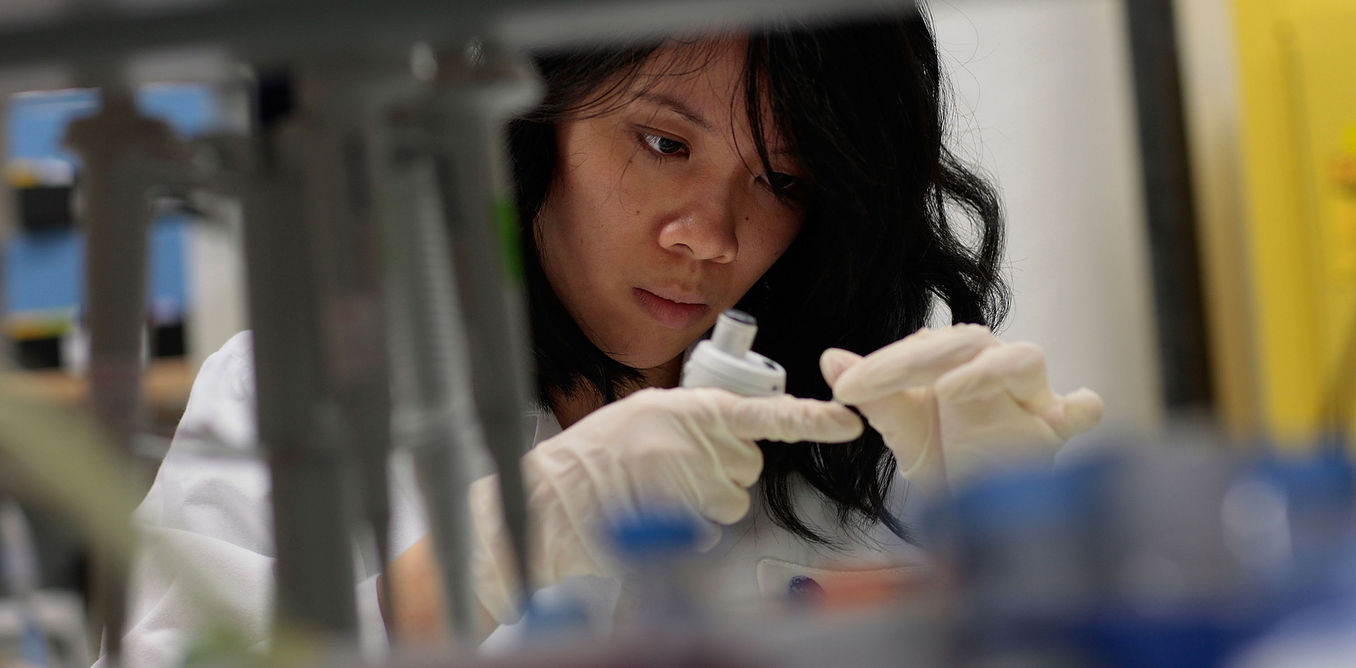
Openly discussing the history of science, where is has gone wrong, and the incredible efforts individual scientists go to uncover fraud should inspire confidence in its self-correcting nature.
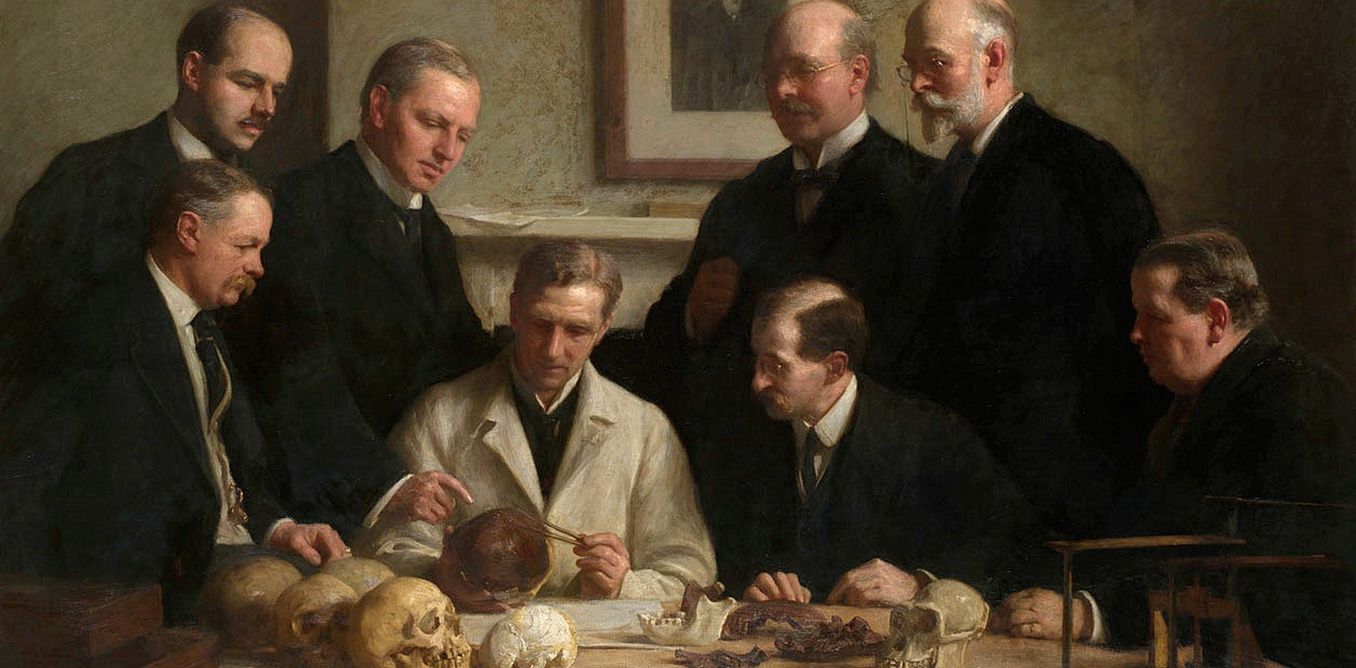
New studies on the quality of published research shows we could be wasting billions of dollars a year on bad science, to the neglect of good science projects.

Women have come a long way in science, but plenty of work remains. After all, gender bias in science doesn't happen in a vacuum.
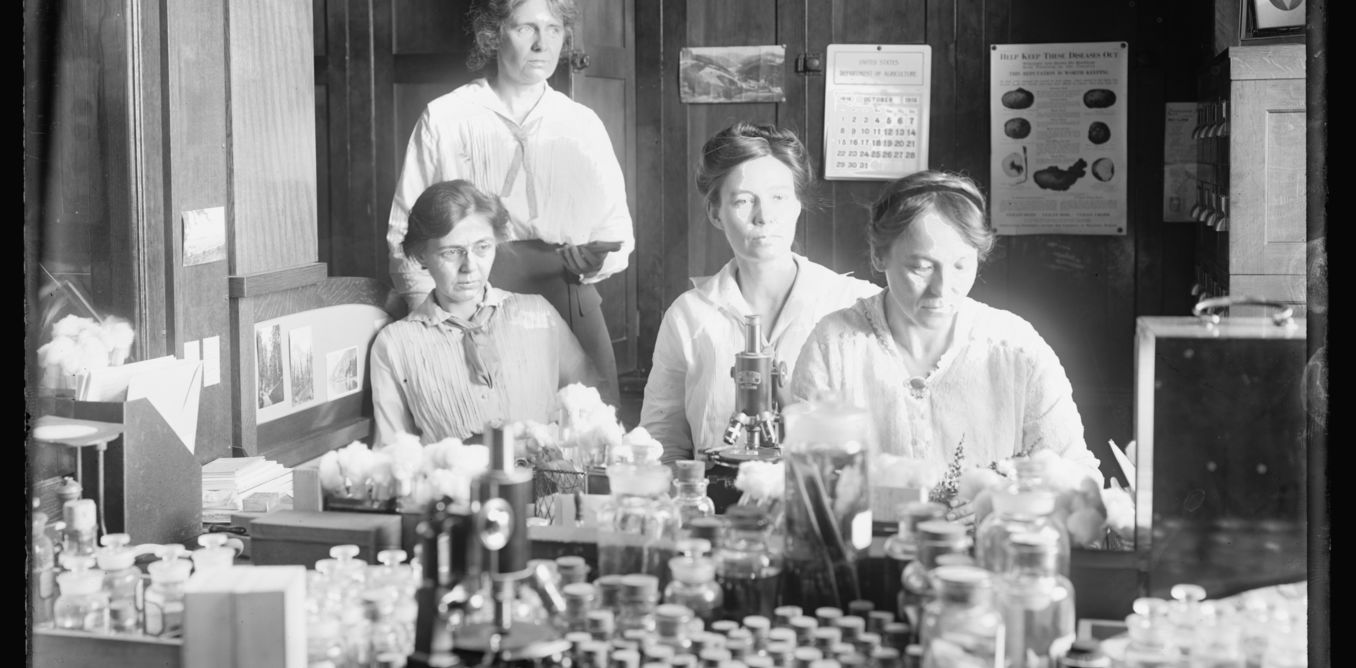
Computers are getting better and better at the jobs that previously made sense for researchers to outsource to citizen scientists. But don't worry: there's still a role for people in these projects.
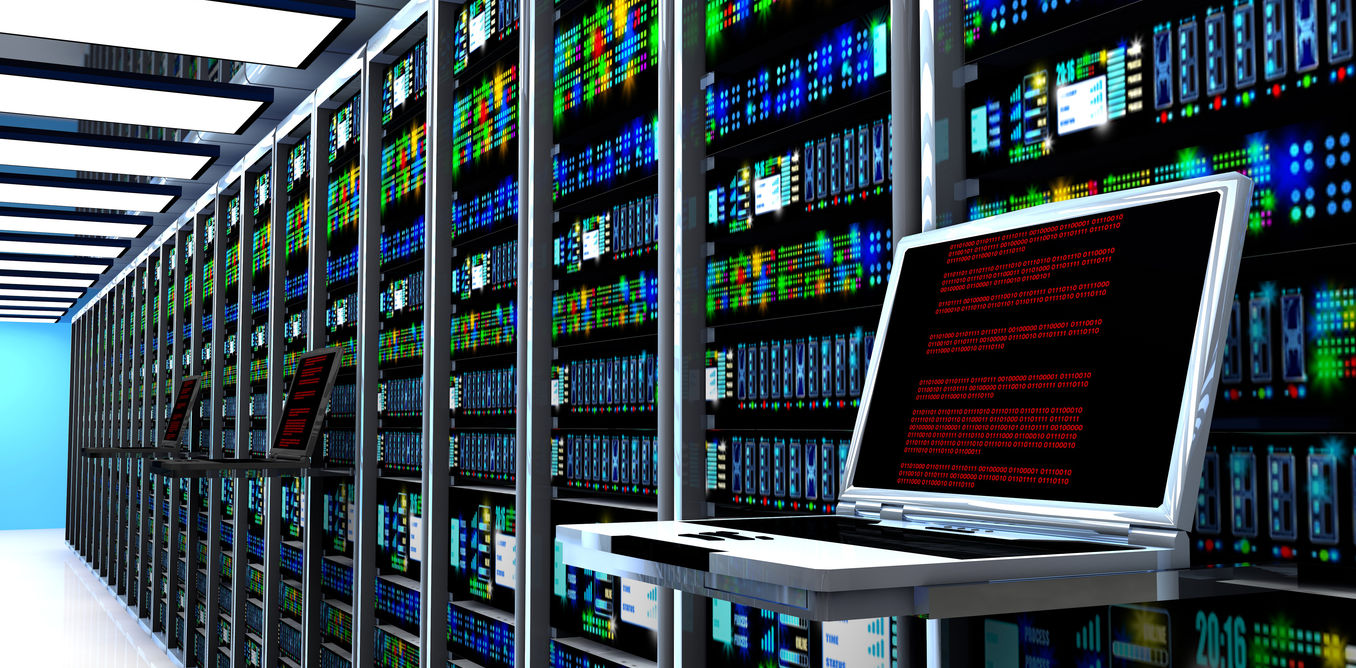
In the race to apply for research funding, writing statements about future impact can feel like a charade.

Where once scientists used to be solitary creatures, today science is a highly collaborative affair, and the latest research in ecology is no exception.